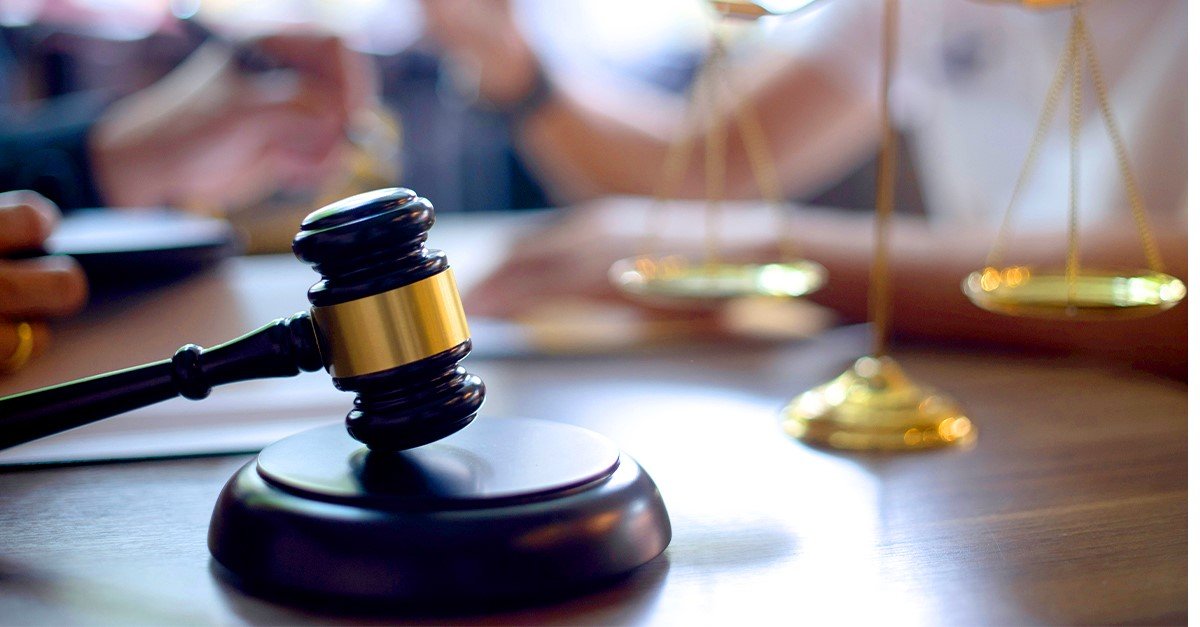A Beginner’s Guide to Understanding the Legal System

In this beginner’s guide, we’ll delve into the intricate world of the legal system. Understanding the legal system is crucial for anyone who wants to navigate the complex web of laws, rights, and regulations. Whether you’re a law student, a future juror, or just a curious individual, this article will provide you with the fundamental knowledge needed to comprehend the legal system.
What is the Legal System?
The legal system is a complex framework of rules, regulations, and institutions designed to govern and maintain order within a society. It serves as the cornerstone of a just and organized society, where laws are established to guide behavior, resolve disputes, and protect the rights of individuals.
This system encompasses various aspects, from criminal and civil law to the structure of government and the role of courts and tribunals in interpreting and applying those laws. It is the foundation upon which justice, fairness, and the protection of individual rights are built, making it an essential element in any modern, democratic society.
The Legal Structure
Federal and State Systems
The United States has a dual legal system consisting of federal and state jurisdictions. Federal law applies to the entire nation, while state laws vary from state to state. Understanding the distinction between these two systems is crucial.
Three Branches of Government
The legal system is intertwined with the government. It is divided into three branches: the legislative branch, which makes laws; the executive branch, which enforces laws; and the judicial branch, responsible for interpreting and applying laws.
Courts and Tribunals
The legal system relies on courts and tribunals to resolve legal disputes. Courts vary in their jurisdiction, and different types of cases are heard at different levels, such as district, appellate, and supreme courts.
Criminal vs. Civil Law
Criminal Law
Criminal law focuses on actions that are considered crimes. It involves the prosecution of individuals accused of breaking the law. This area of law includes cases such as theft, assault, and murder.
Civil Law
Civil law deals with disputes between individuals, businesses, or organizations. This can include contract disputes, personal injury cases, and property disputes. Unlike criminal cases, the goal in civil law is to provide compensation rather than punishment.
Read More: What Is Employment Law: A Complete Guide
Legal Proceedings

Legal Procedures
Legal proceedings are the structured processes used to resolve disputes. These can include trials, hearings, and negotiations. Understanding the steps involved in these procedures is essential for comprehending the legal system.
Legal Representation
In most legal proceedings, individuals are advised to have legal representation, such as an attorney. Legal professionals play a pivotal role in navigating the complex legal system and ensuring your rights are protected.
Fundamental Legal Concepts
Presumption of Innocence
One of the fundamental principles of the legal system is the presumption of innocence. This means that a person accused of a crime is considered innocent until proven guilty in a court of law.
Burden of Proof
In a criminal case, the prosecution carries the burden of proving the defendant’s guilt beyond a reasonable doubt. In civil cases, the burden of proof is typically lower, requiring a preponderance of the evidence.
Legal Rights
Constitutional Rights
The United States Constitution provides individuals with various rights, such as the right to free speech, the right to bear arms, and protection against unreasonable searches and seizures. Understanding these constitutional rights is vital in the legal system.
Miranda Rights
You’ve likely heard of “Miranda rights.” These are the rights read to individuals upon arrest, ensuring that they are aware of their rights during police interrogations.
Read More: Indigenous Rights and Cultural Preservation Laws
Conclusion
In conclusion, this beginner’s guide has provided a foundational understanding of the legal system. We’ve explored the intricate web of laws, the structure of government, the difference between civil and criminal law, and fundamental legal concepts. Armed with this knowledge, you’re better equipped to navigate the legal system, whether you find yourself involved in a legal matter or are simply curious about how our legal institutions work.
Remember that the legal system is dynamic, evolving, and continually adapting to societal changes. By gaining insight into its workings, you’re not only becoming a more informed individual but also contributing to the maintenance of justice and order in our society. So, as you embark on your journey into the world of law, remember that understanding the legal system is the key to ensuring your rights are protected and justice is served.
FAQs
What is the difference between civil and criminal law?
Civil law deals with disputes between individuals or entities, aiming to provide compensation, while criminal law focuses on prosecuting individuals for committing crimes.
How do I find legal representation if I need it?
You can search for an attorney specializing in your specific legal issue or consult your local bar association for recommendations.
What are Miranda rights?
Miranda rights are the rights read to individuals upon arrest, informing them of their rights during police interrogations.
Can the legal system change over time?
Yes, the legal system can evolve through legislative changes, judicial decisions, and societal shifts.
Where can I learn more about specific areas of the legal system?
You can explore legal textbooks and online resources or consult with legal professionals to delve deeper into specific legal topics.











